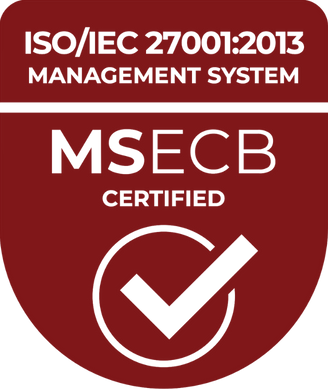Capacity Planning in Consulting Firms for Improved Profitability
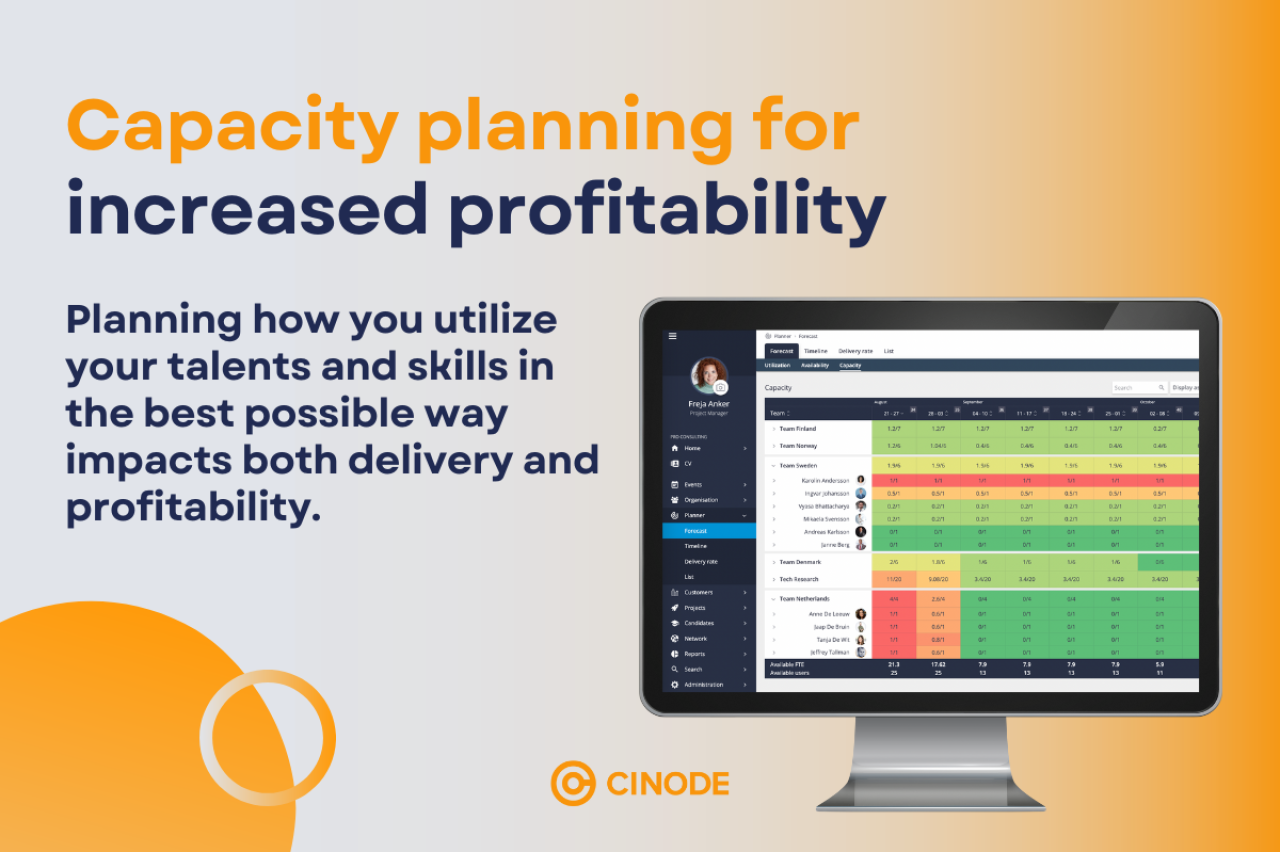
Successful consulting firms have the ability to rapidly deliver solutions to clients while adapting to constant changes. However, the crucial factor that often affects the outcome is the capacity planning of talents and their collective skills.
What capacity does your consulting firm have for a specific competence in two weeks, three months, or in six months?
Planning how you utilize your talents and competencies most effectively within the consulting firm impacts both delivery and profitability, as well as the development of the company’s expertise and the well-being of employees. Below, we go through what you, as a leader in a consulting firm, should consider.
What is capacity planning?
Capacity planning involves predicting future resource needs to ensure that the capabilities within an organization align with its goals, ensuring that the right expertise is available at the right time.
For consulting firms, this means not only estimating the demand for various consulting services but also assessing the talents’ skills to meet those needs. Capacity planning is a strategic exercise that prevents the over- or underutilization of resources.
Historically, consulting firms have struggled with “bench time,” the time when talents are available but not utilized. In today’s fast-paced business environment, the need for real-time skills matching is more critical than ever.
Data-Driven Decision Making
First and foremost, it’s important to have a clear understanding of how capacity utilization looks in the company both now and in the future. The key is to utilize all available data and gather it in one place.
A unified platform for the entire company with current staffing, capacity, projects, and competencies serves as an excellent starting point.
By also incorporating data on incoming projects, prospects, recruitment, and skills development, you can make well-informed data-driven decisions on how to best utilize your capacity moving forward.
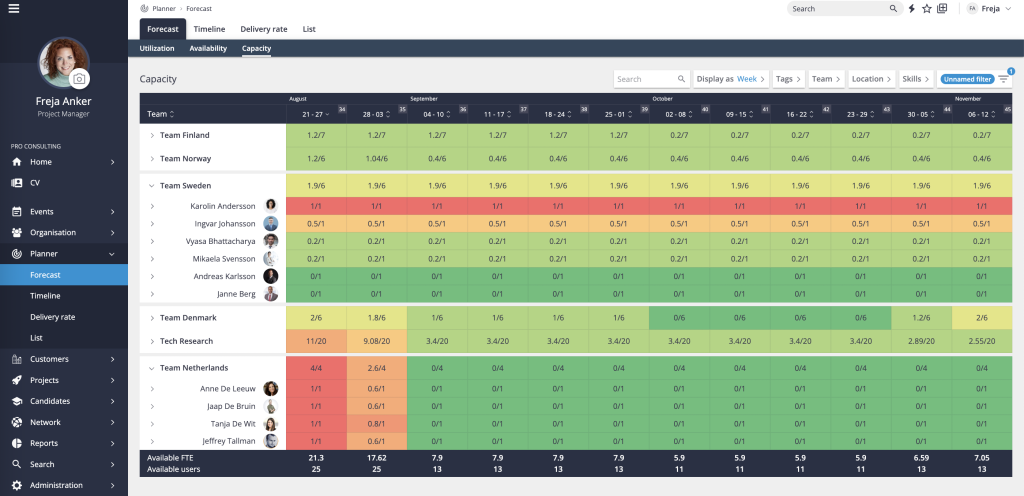
With Cinode, you always have a current overview of your capacity that can be filtered by skills, location, team, and more.
To match needs with your capacity in an optimized manner, a matching engine that considers both availability and skills, as well as ambition, can enable you to make faster and better decisions.
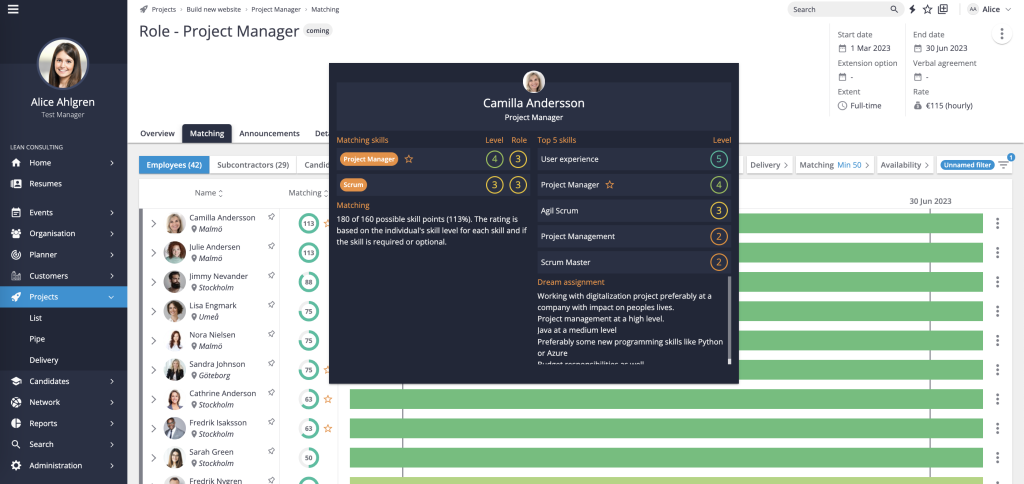
By matching incoming projects/roles with competency requirements, time, and ambition, you consistently utilize the capacity within your consulting firm in the right way.
Utilize all the capacity within the consulting firm
In larger consulting firms with multiple teams, different workplaces, and countries, it becomes crucial to optimize the utilization of internal capacity. To achieve this, a real-time shared overview of the ENTIRE company’s capacity is required.
Additionally, it’s important to keep track of projects/assignments that are nearing completion. Unfortunately, many companies use various systems and Excel lists for this purpose. The approach to view current and future capacity of a specific skill is, in other words, dependent on individuals and, to say the least, inefficient.
Variations in demand – leverage partnerships/subcontractors
Demand for consulting services can be uneven depending on the prevailing economic conditions in different industries or with individual clients. A well-executed capacity plan anticipates these variations and equips the company to scale up or down as needed. This entails utilizing subcontractors and/or partners when necessary. Building a network and quickly finding new specialized skills become crucial in how you can leverage demand that exceeds your own capacity.
During tougher times, partnerships become important to deploy your unallocated consultants, thus minimizing the underutilization of your capacity.
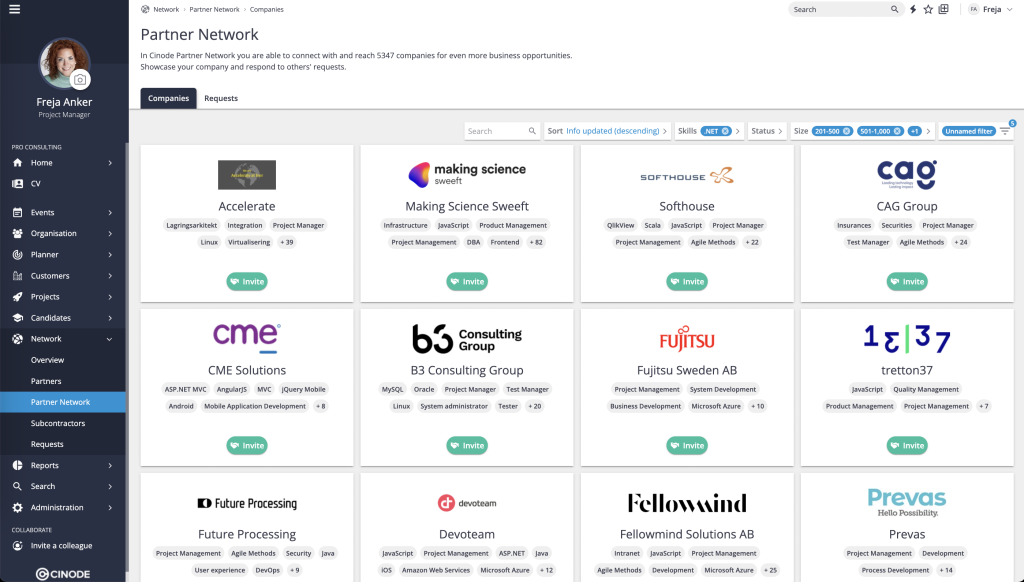
Discover and build your network of subcontractors and partner companies. In the Cinode Network, there are over 5000 registered consulting firms with diverse skills. Additionally, you can swiftly send out role requests.
Skill development for long-term capacity planning
Long-term capacity planning involves both recruitment and partnerships, but of course, it also encompasses skill development for current employees. By identifying the skill sets in demand both currently and in the future, and comparing that with your current skill sets, you can highlight your competency gap. This then forms the basis for decisions regarding upskilling/reskilling, as well as recruitment and partnerships.
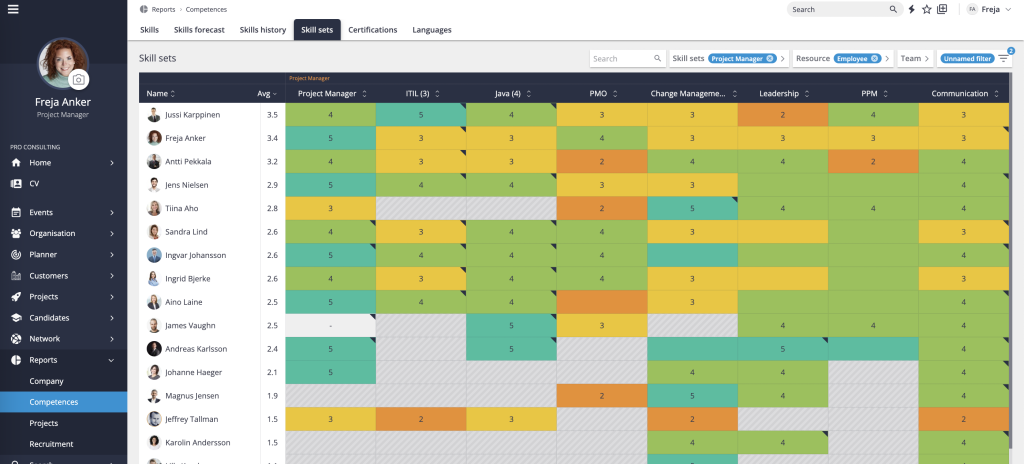
Visualize your skills gap.
Collaboration between departments and roles
Capacity planning doesn’t work in isolation. Collaboration between sales, delivery, HR, project management, and leadership is crucial. By coordinating recruitment, training, partnerships, and allocation, your company can ensure that the right skills are available when needed.
Capacity planning is the compass in consulting firms
In conclusion, we can thus affirm that capacity planning serves as the compass that guides consulting firms through the ever-changing business landscape and customer expectations. When you strategically align skills and talents with anticipated needs, your organization can remain competitive, innovative, and well-prepared to navigate the future with strong confidence.
The dynamic consulting industry demands a proactive, data-driven, and collaborative approach to capacity planning, ensuring delivery, profitability, and growth.
Would you like to know more about how the most successful consulting firms work on their capacity planning using Cinode?
Get started with Cinode today!
Mattias Loxi, Co-Founder / CMO
Mattias Loxi, Co-Founder / CMO
You may also like...
All posts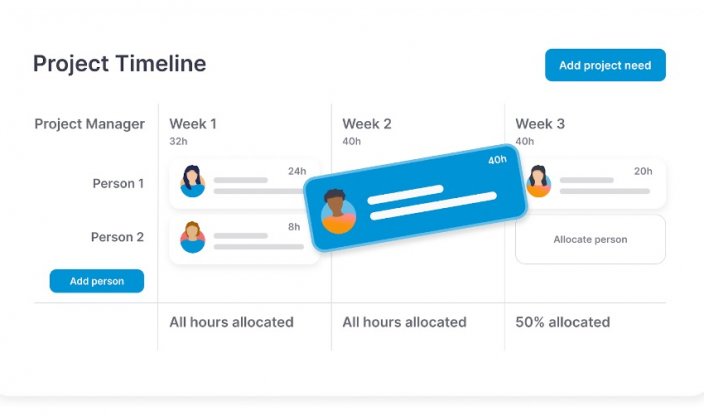
Jun 30 2024 · Cinode
Enhance Your Project and Team Delivery with Cinode!
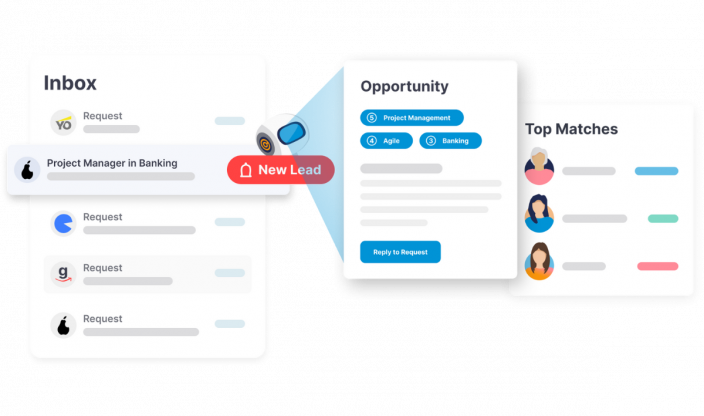
Jun 11 2024 · Cinode
MailMatch: Upgrade Your Consultancy with AI-Driven Email Matching!
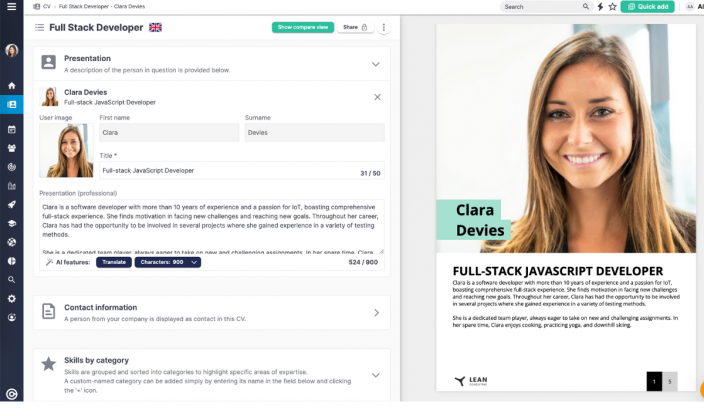
Apr 09 2024 · Cinode, Consulting
Your Consultant Resume on Autopilot with AI Support

Mar 26 2024 · Cinode, Consulting
8 Important Reasons to Expand Your Network of Subcontractors and Partners – And How to Do It!

Jan 18 2024 · Cinode
Cinode Expands to the Netherlands – Accelerating Growth and Success for Dutch Consulting Firms

Dec 22 2023 · Cinode, Cinode
Cinode wishes Merry Christmas and is honored to support Team Rynkeby

Jul 05 2023 · Cinode, Consulting, Entrepreneurship
Succeed in the Nordic market as a Polish consulting firm
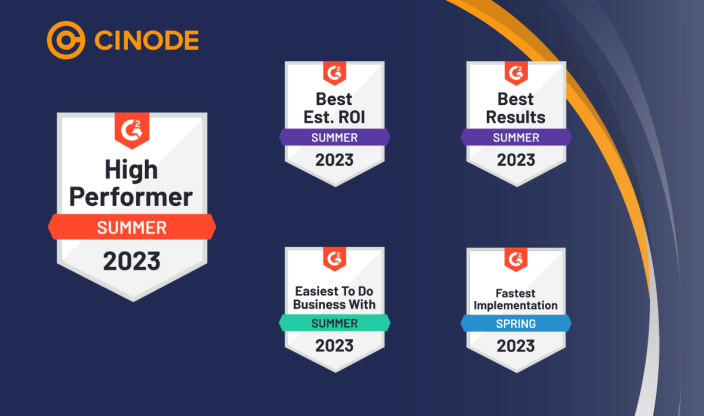
Jun 16 2023 · Cinode
Cinode wins more awards in the G2 Summer 2023 Report
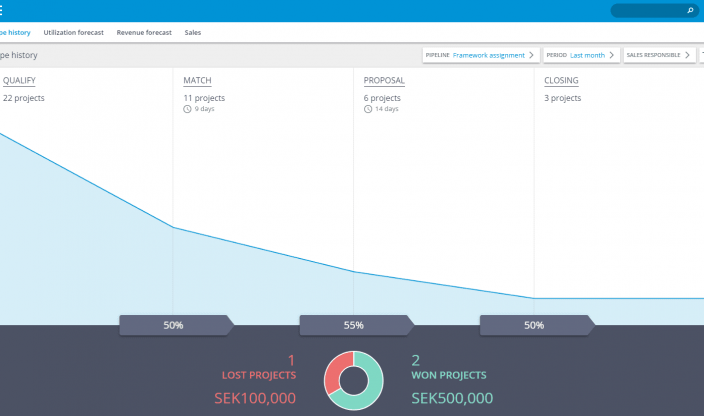
Oct 18 2018 · Cinode, Cinode
